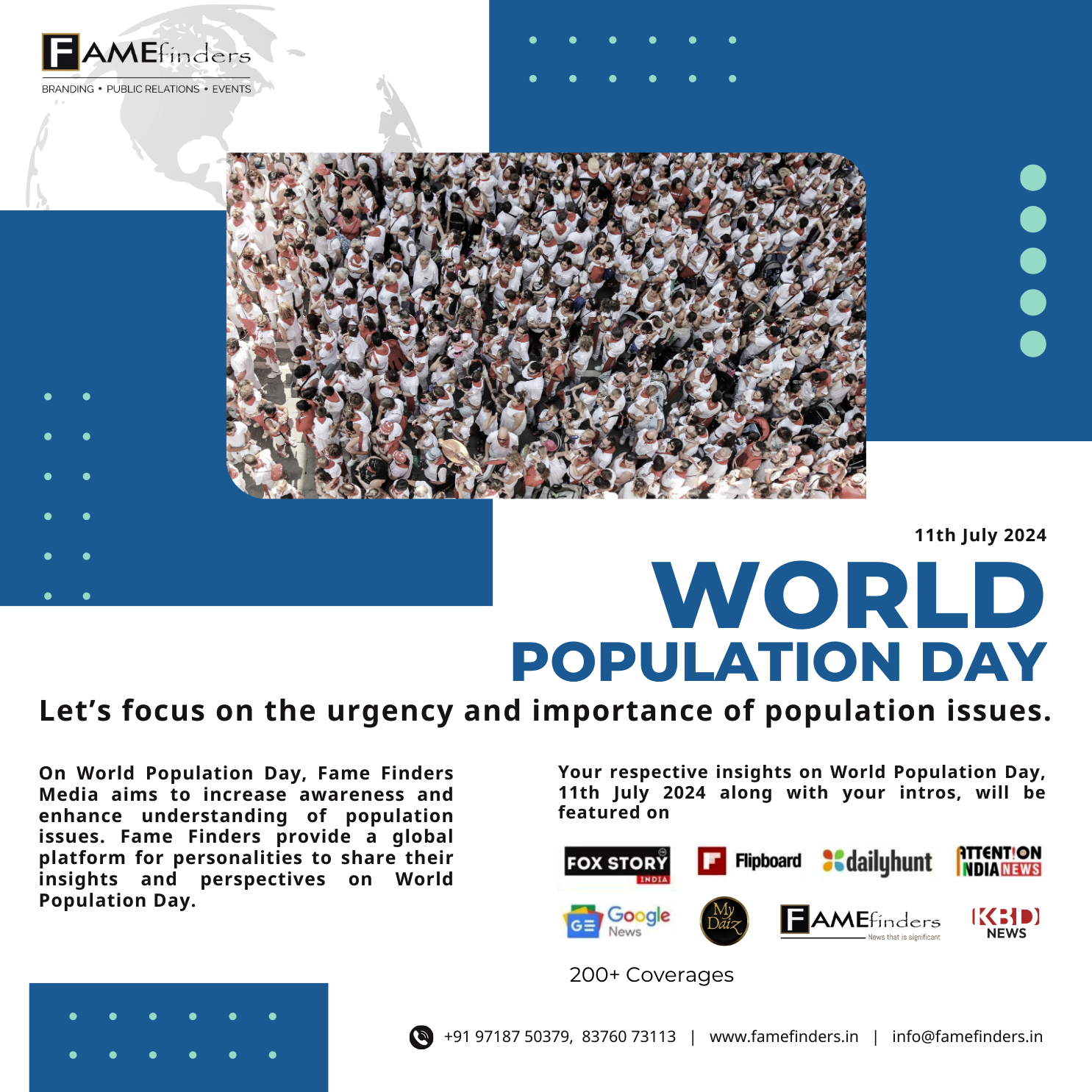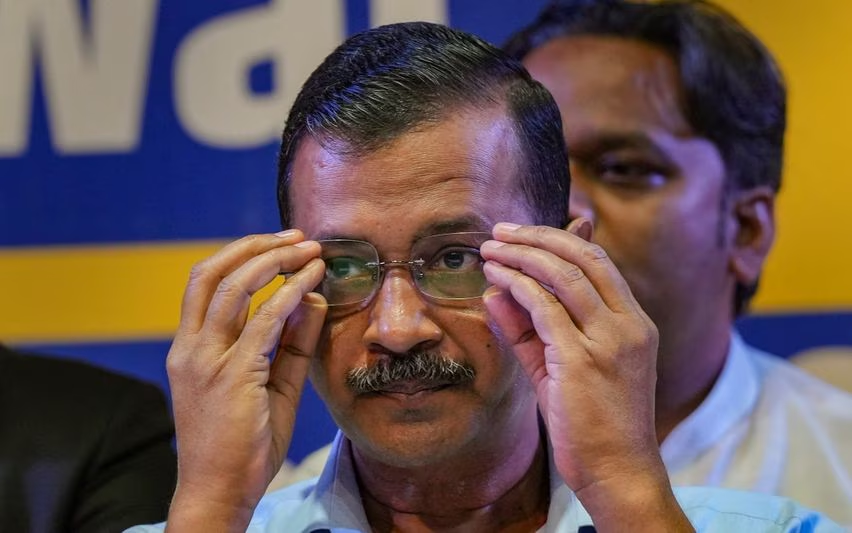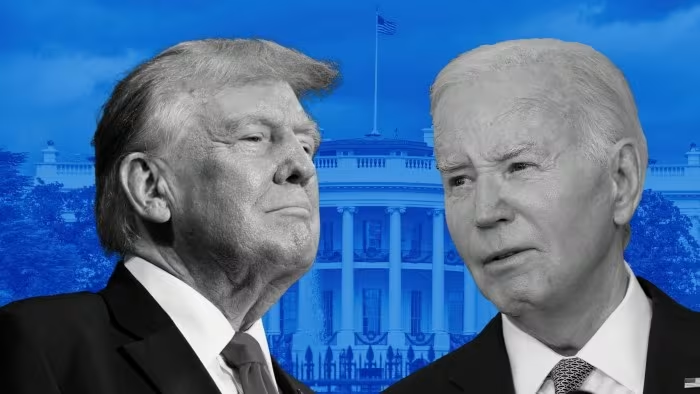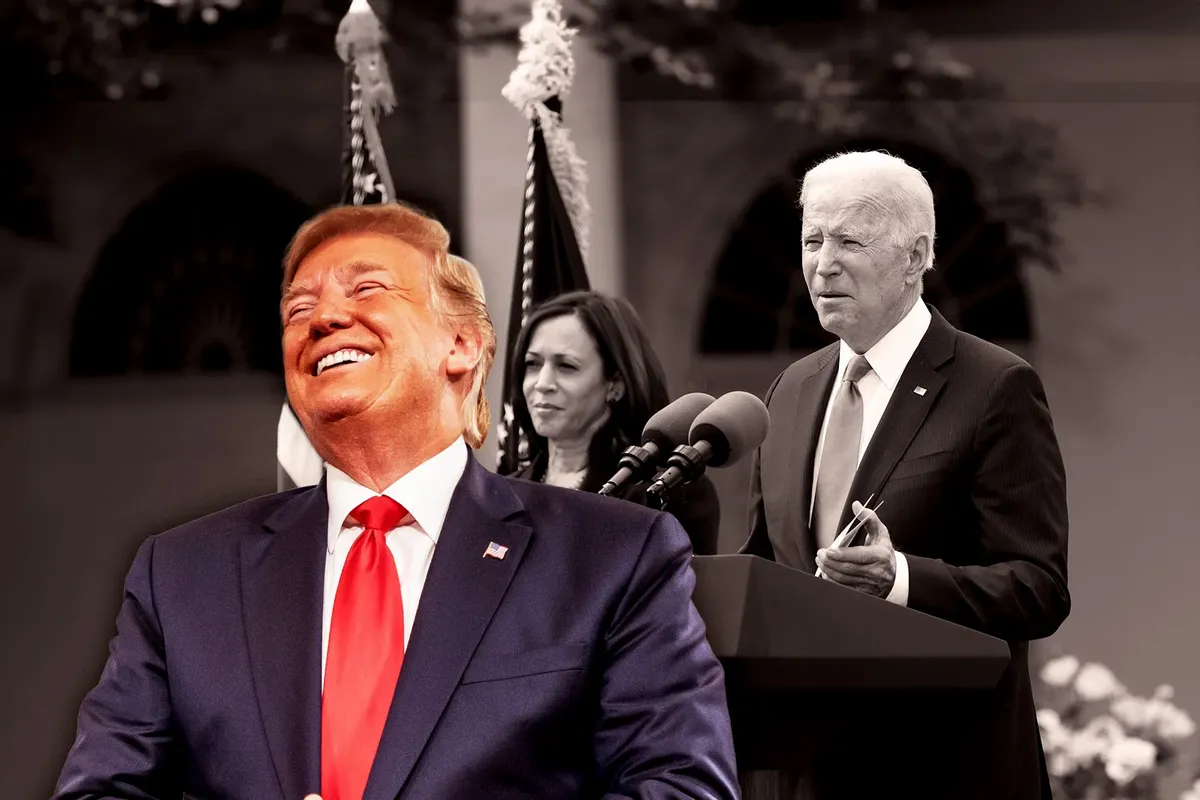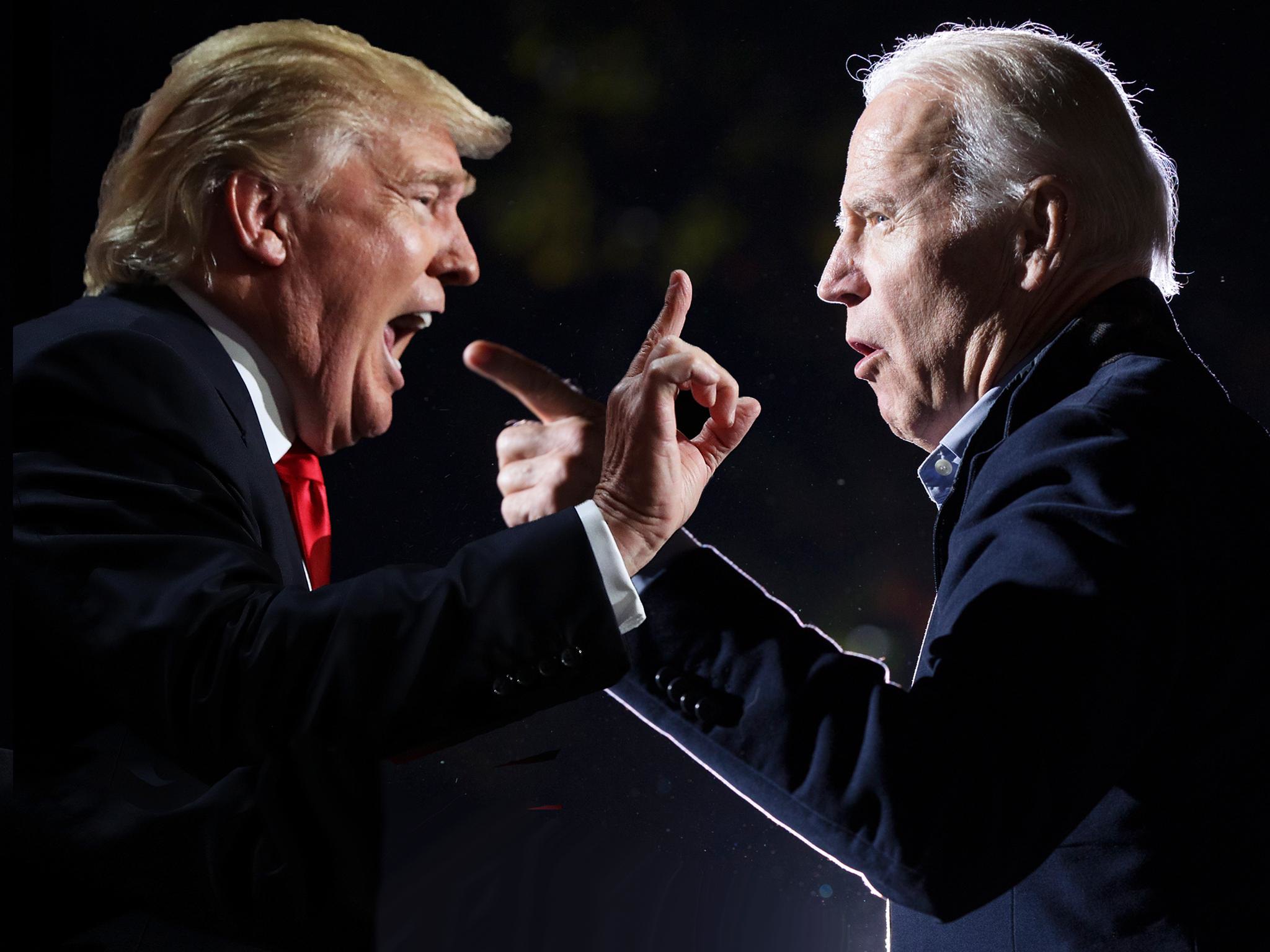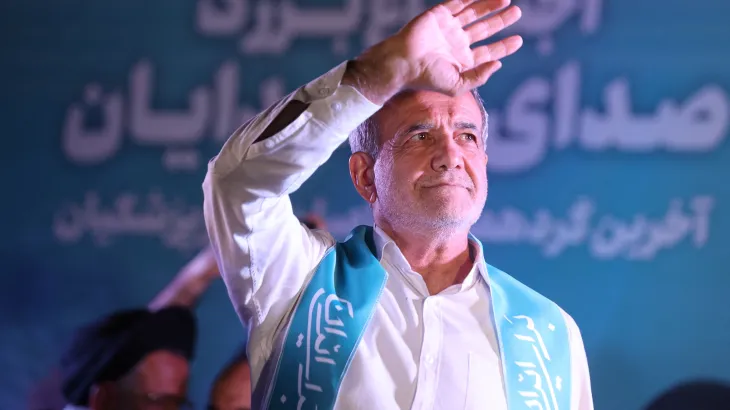A de facto US envoy to Taipei criticized the “distorted” reasoning behind the tiny South Pacific nation Nauru’s decision to transfer diplomatic recognition from Taiwan to China, and the US expressed disappointment in the move.
In a pivotal election on Saturday, voters in self-governing Taiwan chose pro-sovereignty nominee Lai Ching-te to be the island’s next president.
China views Lai as a dangerous “separatist” and has warned that he would bring “war and decline” to the island. China views Taiwan as part of its territory and has never renounced the use of force to seize it.
Nauru unexpectedly announced on Monday that it was cutting diplomatic ties with Taiwan and reestablishing them with China, dealing a diplomatic blow to the island democracy that now has only 12 formal international recognition.
“While the Government of Nauru’s action on January 15 to sever its diplomatic relationship with Taiwan is a sovereign decision, it is nonetheless a disappointing one,” the State Department in Washington stated.
“Taiwan is a democratic, trustworthy, and like-minded partner. It said, referring to China by its official abbreviation, “The PRC frequently makes promises in exchange for diplomatic relations that ultimately remain unfulfilled.”
The Nauruan government announced earlier on Monday that Taiwan will now be recognized “rather as an inalienable part of China’s territory” rather than “as a separate country,” a move that supports Beijing’s ambitions in the region.
With a population of 12,500, Nauru is among the smallest countries in the world, situated approximately 4,000 kilometers (2,500 miles) northeast of Sydney.
It used United Nations Resolution 2758, which acknowledges the PRC as China’s representative in the international body, as support for its decision.
Laura Rosenberger, the head of the US de facto embassy in Taiwan, expressed her disapproval of Nauru’s use of that resolution as justification for the diplomatic move in a statement to Taipei media.
“UN Resolution 2758 did not make a determination on the status of Taiwan, does not preclude countries from having diplomatic relations with Taiwan and does not preclude Taiwan from meaningful participation in the UN system,” Rosenberger stated.
“It is disappointing to see distorted narratives about UN resolution 2758 being used as a tool to pressure Taiwan, limit its voice on the international stage and influence its diplomatic relationships.”
Rosenberger made his remarks following an unofficial US delegation’s post-election visit to Taiwan, where they met with Lai and current President Tsai Ing-wen.
The delegation departed early on Tuesday.
China has previously taken offense at Tsai and Lai’s defense of Taiwan’s sovereignty, arguing that it is “already independent” and does not require formal declaration—a move that Beijing finds unacceptable.
Beijing has increased diplomatic and military pressure on Taiwan since Tsai was elected in 2016; it has been circling the island with warplanes and ships almost nonstop and stealing its allies abroad.
China and Taiwan are engaged in a diplomatic game of tug-of-war over promises of large aid packages and support for the development of agriculture and education.
Taiwan’s Ministry of Foreign Affairs on Monday called the loss of Nauru a “surprise assault”, and accused China of offering economic incentives to the South Pacific Nation.


